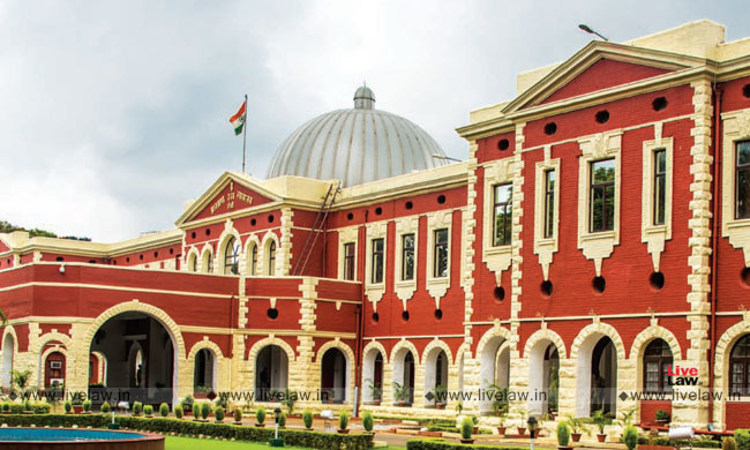Jharkhand High Court Rules In Favor of Revenue In Clean Energy Cess Case
Bhavya Singh
24 Nov 2023 9:00 PM IST

Next Story
24 Nov 2023 9:00 PM IST
The Jharkhand High Court has ruled in favor of the Revenue in a case involving the demand for Clean Energy Cess on coal production.The petitioner, a subsidiary of Coal India Limited and a Category-I Mini Ratna Company since 2007, had challenged the order dated 29.09.2020 passed by respondent no. 3, the Principal Commissioner, Goods & Services Tax-CX, Ranchi. In the said order, respondent...
